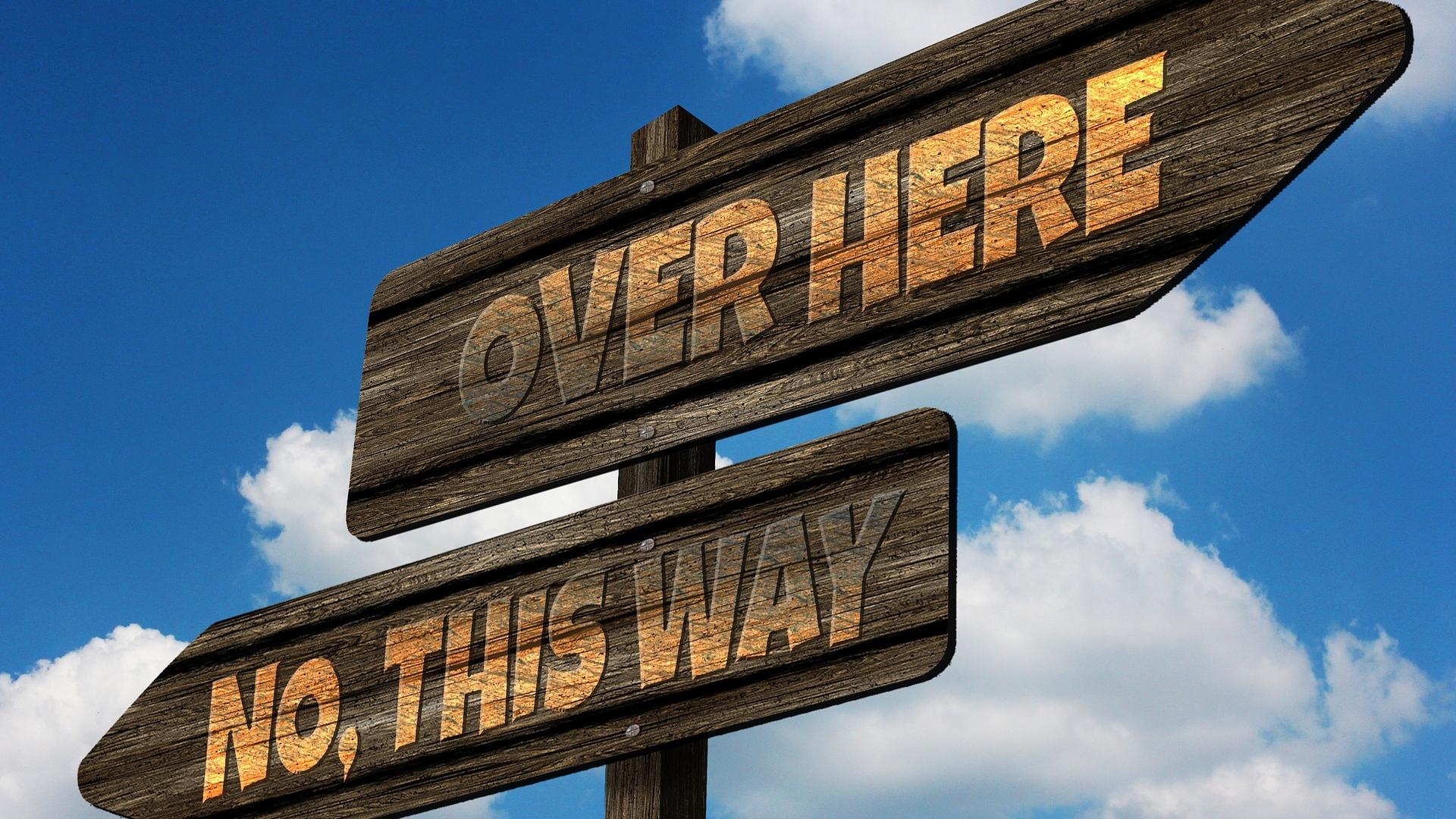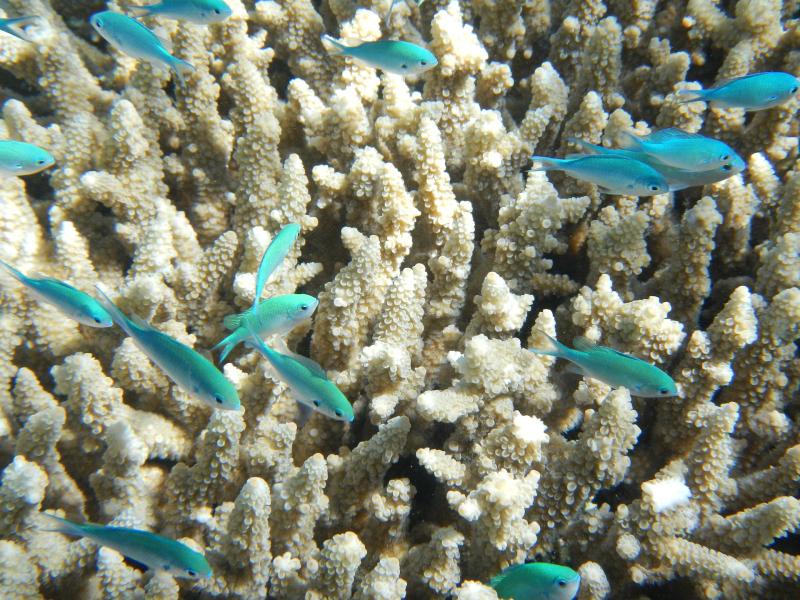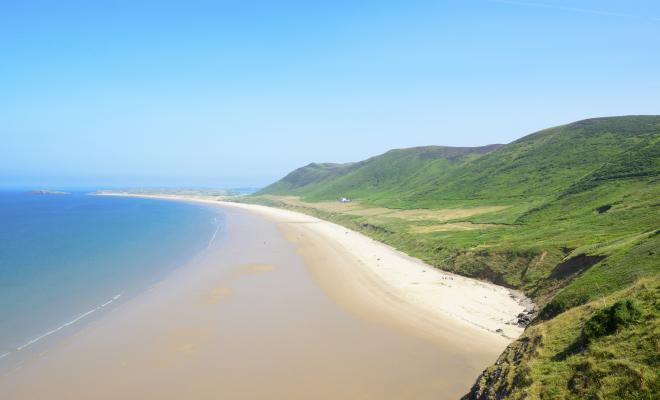Paul de Zylva03 Jun 2021
The shock of the pandemic makes 2021 an even bigger year for setting the right course for the vital decade to 2030 if we are to make sure life on Earth remains viable in the future. What would life be like in 2030 if governments and businesses got serious about restoring nature, stabilising our climate and making strides in human development and poverty reduction? What if these were no longer side issues but were daily priorities for all governments and every business, every day of every year until then?
2021 matters not just because of recovering post-pandemic. 2020 should have been the year when our governments and business leaders started turning hot air into lasting action.
Facing up to the triple emergency
At the end of this year governments, businesses and civil society will strike major global deals on the triple emergency of human poverty and development, the state of nature and the changing climate.
We are already behind schedule. The window is closing but isn’t locked and bolted yet. There are ways out, while we’re still in control.
The pandemic did not stop everything in its tracks. Even during 2020 world leaders made big pledges for nature including national commitments to protect it more. And so far in 2021 we’ve seen them scale up their climate net zero aims.
Now all eyes are on the major UN conferences on nature in China in October and on climate change in Glasgow, UK in November.
The delayed global deals of 2021 will test the ability of governments and businesses to lead and to change in the face of the evidence. In the past they’ve made grand speeches before heading back to their desks to carry on business as usual. But that’s not tenable for the decade already blighted by the pandemic, lack of foresight and poor governance.
The evidence is in
The pandemic kicked off the decade in which we could make our climate safer and start to restore nature. Either that or we’ll lock in climate instability and nature’s irrevocable decline, which are already undermining our ability to produce food and to address human development and poverty..
The evidence could not be clearer: the double trouble of climate instability and declining nature is now undermining life for humans.
We’ve had a run of the hottest years ever recorded and increasingly violent storms and weather extremes of heatwaves, flooding and droughts. Oceans are warming too fast for species to adapt in time (they can’t just turn on the cold water tap). The evidence is that land and habitats are being so degraded by harmful practices that they are becoming inhospitable and incapable of supporting species - including humans.
The effects can be seen with our own eyes. Here in the UK many communities and businesses on the the low-lying east coast are vulnerable to sea level rise. Land is already being lost to the sea and plans are in hand not just to strengthen sea defences, but to use natural habitats such as newly created wetlands as buffer zones to help protect lives, livelihoods and property.
Meanwhile, on the other side of the world the Great Barrier Reef, Australia’s top visitor attraction and natural wonder, is being allowed to die. The corals and the countless species they’ve supported for millennia can’t cope with even tiny changes in ocean temperatures and the acidic conditions climate change is causing. Pesticide run-off from the mainland and dumping mining waste at sea don’t help.
The Amazon is on fire thanks to political indifference. Other great forests in southeast Asia and Africa are also threatened.
Even the USA - bastion of climate change denial - is routinely experiencing climate breakdown and lack of resilience, from Californian wildfires to the Texas blackout when temperatures dropped as low as –22°C, more than forty degrees below typical February temperatures, affecting 4.3 million Texans.
Just a few examples, worlds apart but on the same planet we all depend on and which no space race to Mars can replace.
20:20 vision
Climate change is not a new issue. Friends of the Earth has been working on it since the 1980s. In 2008 we secured the world-leading Climate Change Act, requiring the UK government to ratchet down climate emissions, to set us on the path to a cleaner and greener economy and society.
And as far back as 1992’s Rio Earth Summit, we championed the join-up between concerns for our environment and action on poverty and hunger and to boost and sustain human and economic development – sustainable development for short.
Now, millions of people are marching in climate strikes to demand that their leaders and the powerful change direction. Expect more because this is not going away.
It’s everyone’s business, especially business
Business has much to answer for. The pursuit of profit from pollution, destruction and exploitation is implicated in the state we are all in.
There are signs that some business leaders know that a belief in business-as-usual approaches is running out of road. Their practices are coming under greater scrutiny, not least from public opinion and consumer expectations of brands.
Influential investors are increasingly sceptical of businesses that insist that we have to grow the economy in the same ways that have caused the triple emergency in the first place. They no longer believe in the usual practices as a safe place for their money.
Having begun as a way to boost global business growth with exclusive winter business bashes in Davos, the World Economic Forum now routinely reports that the main risks facing business and society are inaction on climate change, erosion of our natural environment and extreme weather, like swings between floods and drought.
Will the adults in the room please stand up?
It’s easy to be distracted by the antics and inward-looking world view of leaders such as Trump, Bolsonaro and others who dismiss the evidence (and the scientists who give it) and who push simplistic solutions to complex problems.
They lacked the 20:20 vision needed in the run up to 2020-21 pandemic. Too many remain in denial and wedded to the ways that led to the crisis in the first place. They will never change how they operate and can’t be trusted to make future life on Earth viable.
But human progress depends on humans changing and adapting. This decade the adults in the room can decide to stand up and be on the right side of history. That should read “adults and children”, because young people worldwide are increasingly the ones speaking truth to power and providing the 20:20 vision.
Human life is on the line, but we do have time in the decade to 2030 to fix this. People are acting and want governments and business to step up and change their ways.
Let’s make 2021 the start of the decade of action that makes life on earth safer and more secure for everyone, not just the wealthy and powerful. This is the time of our lives.




